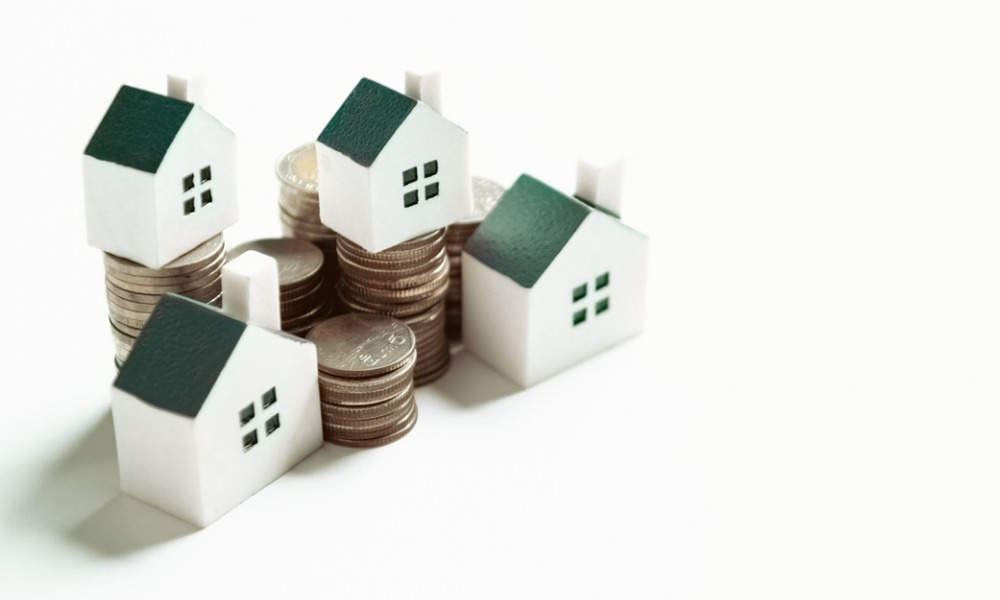Affordability declines slightly, but market remains balanced, says economist

While real house prices showed a minor month-over-month gain in March, the housing market was “neither overvalued nor undervalued,” according to a new report released by First American.
The latest Real House Price Index (RHPI) climbed 0.1% month over month and 5.3% year over year in March. Despite these changes, First American chief economist Mark Fleming said the housing market is currently well-balanced, with values aligning closely with buying power.
A balancing act
Consumer house-buying power – how much one can afford based on income and mortgage rates – slipped 0.1% from February to March but increased 0.8% from a year ago. Meanwhile, median household income has increased by 3.7% since last year.
The median-income household could afford a home priced at no more than $350,000, coincidentally the median sale price of an existing home.
“If housing is appropriately valued, house-buying power should equal or exceed the median sale price of a home. At a national level, the housing market is neither overvalued nor undervalued by this metric," Fleming said in the report.
Fleming noted that while household income increased by 3.7% since March 2023, boosting consumer house-buying power, it was not enough to offset the affordability loss from higher mortgage rates and rising nominal prices. Consumer house-buying power, factoring income and mortgage rate changes, decreased by 0.1% between February and March 2024, but increased by 0.8% year-over-year.
Overvalued and undervalued markets
However, the picture varies across different markets. Of the top 50 markets tracked, 22 were considered overvalued in March, meaning the median existing home sale price exceeded house-buying power. The most overvalued market was San Jose, California, where the median consumer house-buying power was $723,000, significantly below the median sale price of $1,430,000.
"In markets considered overvalued, the chronic housing supply shortage prevents prices from adjusting downward enough to reflect the affordability reality. Additionally, house prices are 'downside sticky.' Home sellers would rather withdraw from the market than sell at lower prices," Fleming explained.
Read more: Home seller profits tumble as prices cool
On the other hand, most markets remain undervalued, with nine markets undervalued by $100,000 or more, including Detroit, Philadelphia, and Cleveland, which were undervalued by an average of $145,000.
Fleming also noted the potential impact of a "higher-for-longer" interest rate environment, stating, "Whether affordability drifts over or under in the coming months will depend on whether the supply-tightening response to higher rates is stronger or weaker than the demand-softening response."
Stay updated with the freshest mortgage news. Get exclusive interviews, breaking news, and industry events in your inbox, and always be the first to know by subscribing to our FREE daily newsletter.



